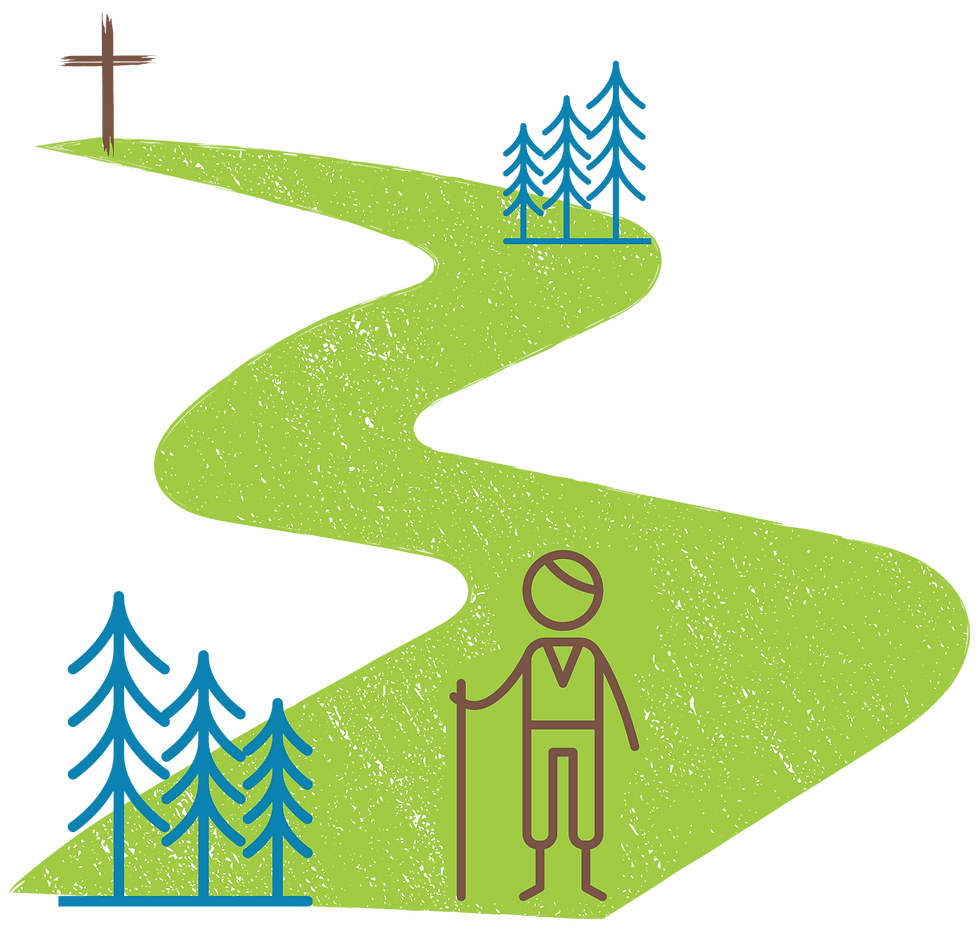Lord, Save us From the Politicians
- Mike Bowling

- Feb 10, 2023
- 3 min read
by Mike Bowling

The shortest definition for “politics” is “life together.” Communities, peoples, families, and nations all must decide how they will manage their life together. Words like matriarchy, patriarchy, plutocracy, democracy, republic and anarchy represent just some of the many ways social groups organize and manage their life together. “Politics” is a neutral word, but “politician” has become a term of derision. Sometimes the use of the term “statesperson” attempts to communicate a more positive representation of those doing politics. A “statesperson” is someone who works for the common good of the people he or she represents. Such a person is assumed to possess a high level of personal integrity, while referring to someone as a politician often raises suspicion concerning their motives.
Matthew’s story of John’s execution reveals Herod Antipas as having all the qualities of a craven politician. The other three Gospel writers add details to a historically confusing story, but what becomes clear in all accounts: Herod lacked courage, confidence and compassion. This was the political atmosphere in which the kingdom of God was emerging through Jesus.
Matthew had already reported John’s arrest (4:12), which motivated Jesus to leave the wilderness area for his home turf of Galilee. This reference immediately follows Jesus’ wilderness temptations, and is Matthew’s first note of political consequence. Already, Jesus finds himself on the run due to the action of Jewish civil authority.
Why was John arrested? The answer depends on who you ask. Sedition is the reason given by first century Roman-Jewish historian Josephus, but Matthew’s account gives a more truthful reason. Herod and his wife Herodias got tired of John’s frequent denunciation of the legitimacy of their marriage. The whole ugly story told briefly by Matthew is not surprising given the hundreds of stories like it which emerge from the ancient world. Those in authority did not like being criticized, and would take lethal actions to silence critics. What is surprising however, is how easily we turn a blind eye and a deaf ear to similar atrocities in our own day. Deadly abuse of authority is an everyday occurrence in the news. 21st century genocides in places like Sri Lanka, Chechnya, Nigeria, China, and Darfur are little known and even less concerning to most of us and our neighbors.
Matthew’s inclusion of the circumstances of the bizarre beheading of John is a grim reminder that telling the truth in a hyper-sensitive political environment can be dangerous. We are thirteen months past a vivid reminder of how political polarization, crazy conspiracy theories, and a predisposition for violence can result in very real deadly sedition. Humanity continues to follow ancient paths!
So, here in the middle of Matthew’s gospel, we find politician Herod, afraid Jesus is John the Baptist raised from the dead. Is Jesus another prophet whose popularity will threaten his authority? Will Jesus renew the embarrassing denunciation of his marriage? Will Herodias hatch a new plot to kill a new prophet? Will Rome tire of all this civil unrest, and banish him (which actually happens years later) or even worse, kill him? These are the questions which form the political backdrop for Jesus.

Politics will always be part of Kingdom work, but our political witness is our life together. Seeking political authority as a primary means to enact social change is tempting, but this is one of the temptations Jesus resisted (4:1-11) immediately prior to John’s arrest. Let me repeat, the kingdom of God is political, because the kingdom of God addresses “life together” at every level. It makes no sense to pray, “Lord, save us from politics.” But surely, we ought to pray, “Lord, save us from politicians!”





Comments